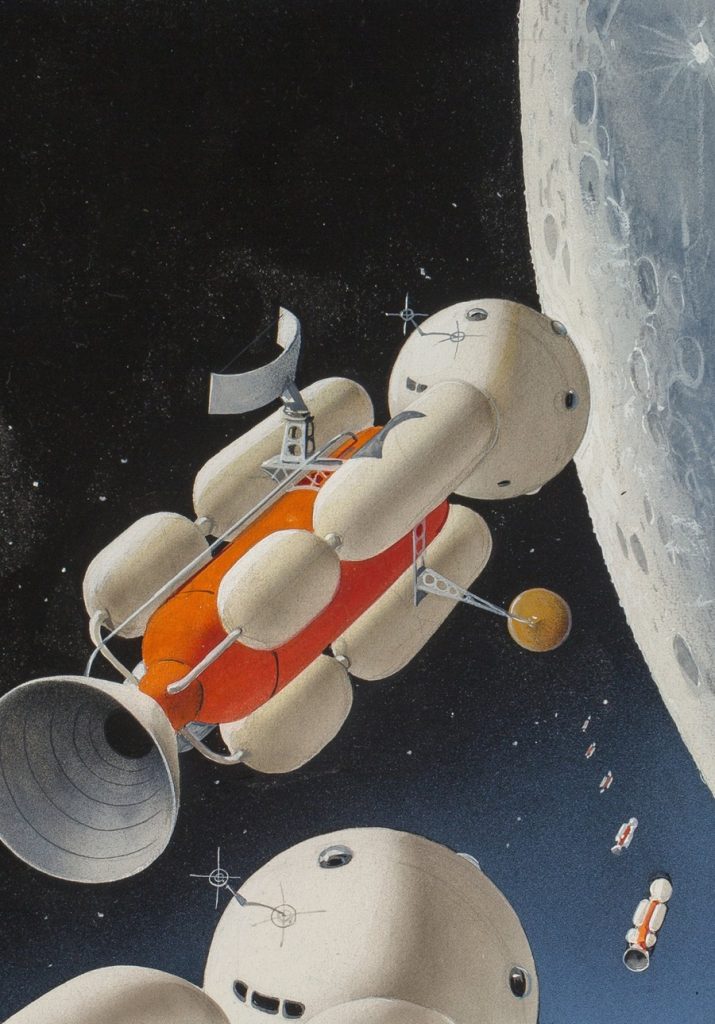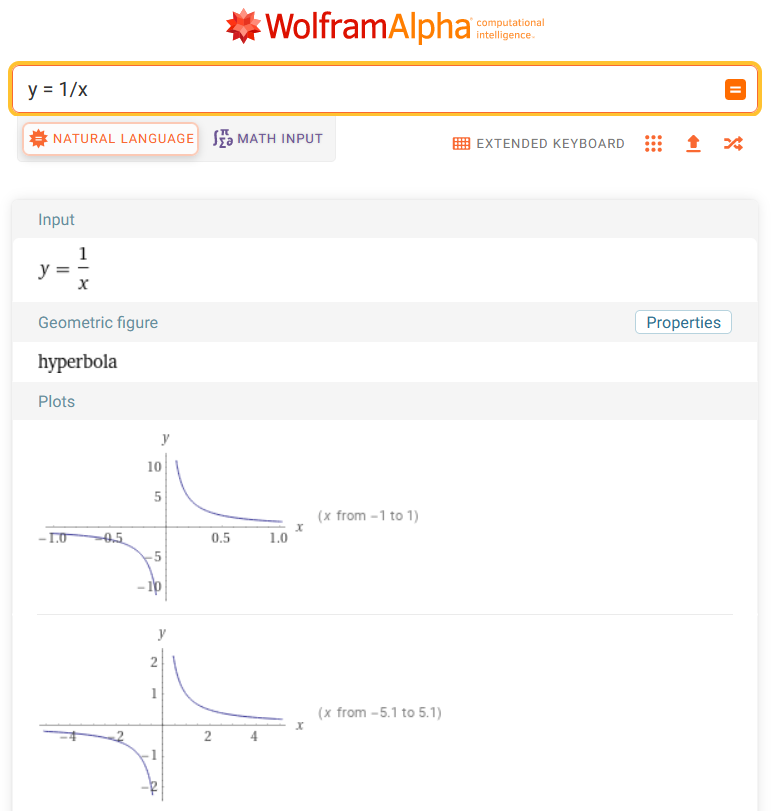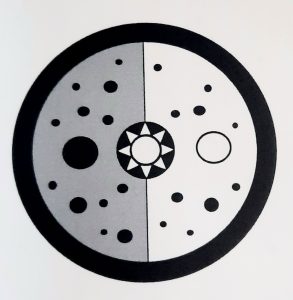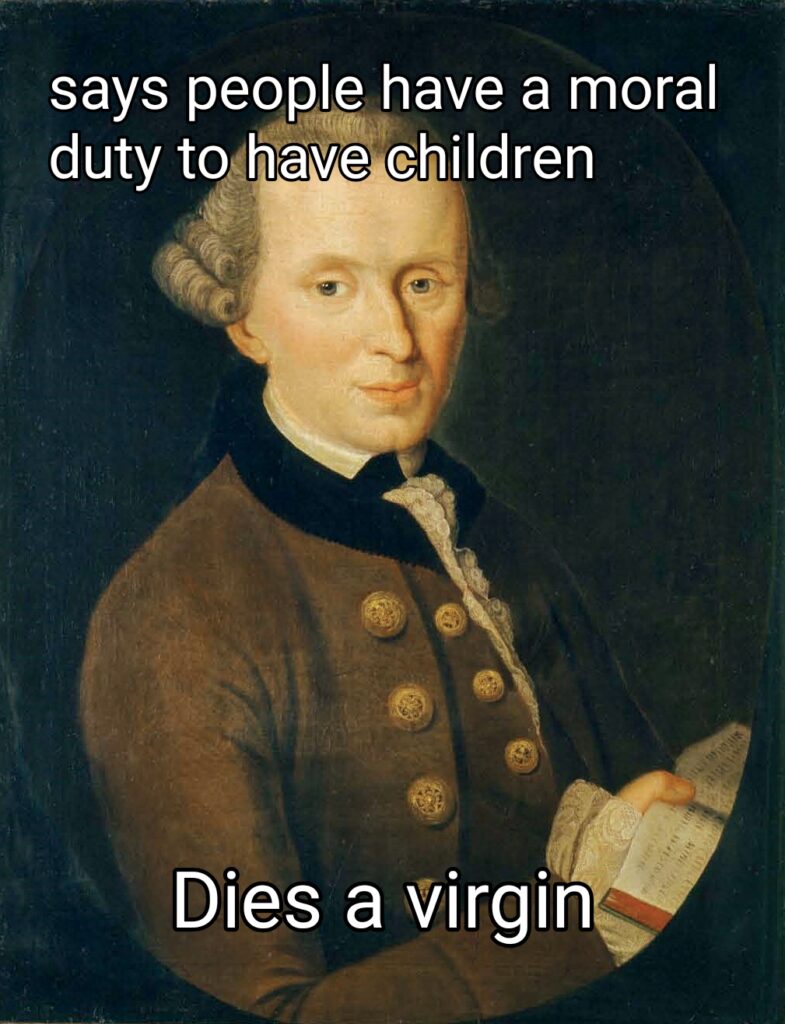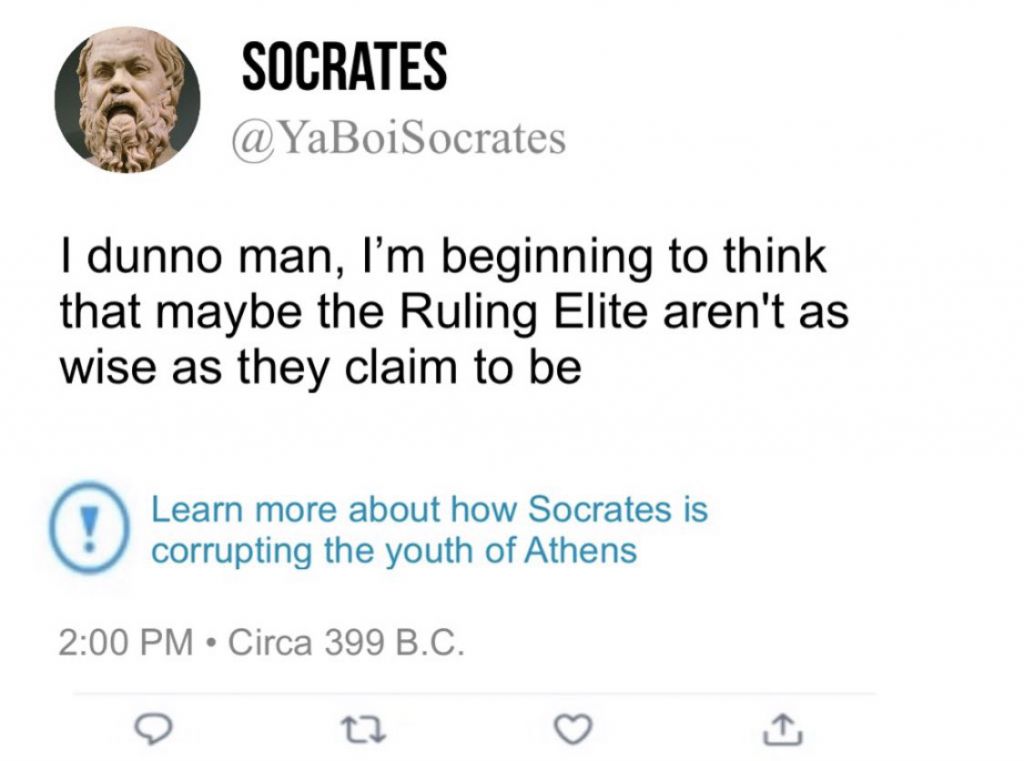As an argument against iCub’s ability to understand humans, I wanted to appeal to the work of Robert Rosen because I think it makes for a compelling argument about AI generally. To accomplish this, however, my project would start to go in a new direction which renders it less cohesive overall. Instead, the Rosen discussion is better served as a stand alone project because there is a lot of explaining yet to do, and maybe some objections that need discussing as well. This will need to wait but I can at least upload the draft for context on the previous post. There are a few corrections I still need to make but once it’s done, I will update this entry.
Instead, I will argue that the iCub is not the right system for social robots because its approach to modelling emotion is unlike the expression of emotions in humans. As a result, it cannot experience nor demonstrate empathy in virtue of the way it is built. The cognitive architecture used by iCub can recognize emotional cues in humans, however, this information is not experienced by the machine. Affective states in humans are bodily and contextual, but in iCub, they are represented by computer code to be used by the central processing unit. This is the general idea but I’m still working out the details.
That said, there is something interesting in Rosen’s idea about the connection between Gödel’s Incompleteness Theorem and the incompleteness between syntax and semantics. In particular, what he identifies is the problems generated from self-reference which leads the system to produce an inconsistency given its rule structure. The formal representation of an external referent, as an observable of a natural system, contains only the variables relevant for the referent within the formal system. Self-reference requires placing a variable within a wider scope, one which must be provided in the form of a natural system. Therefore, an indefinite collection of formal systems is required to capture a natural phenomenon. Sometimes a small collection is sufficient, while other times, systems are so complex that a collection of formal systems is insufficient for fully accounting for the natural phenomenon. Depending on the operations to be performed on the referent, it may break the system or lead to erroneous results. The chatbot says something weird or inappropriate.
In December, I presented this argument at a student conference and made a slideshow for it. Just a note: on the second slide I list the titles of my chapters, and because I won’t be pursuing the Rosen direction, the title of Chapter 4 will likely change. Anyway, the reading and writing on Rosen has taken me on a slight detour but a worthwhile one. Now, I need to begin research on emotions and embodiment, which is also interesting and will be useful for future projects as well. The light at the end of the tunnel has dimmed a bit but it’s still there, and my eyes have adjusted to the darkness so it’s fine.
This shift in directions makes me think about the relationship between chaos and order, and systems that swing between various states of orderliness. Without motion there would be rest and stagnation, so as much as change can be challenging, it can bring new opportunities. There is a duality inherent in everything, as listed as one of 7 Hermetic Principles. If an orderly, open system is met with factors which disrupts or disorganizes functioning, the system must undergo some degree of reorganization or compensation. The explanatory powers of the 7 Principles are not meant to relate to the external world in the way physics does, but relate to one’s perspective of events in the outside world. If one can shift their perspective accordingly, they operate as axioms for sense-making, their reality pertaining more to epistemology than ontology. We can be sceptical as to how these Principles manifest in the physical universe while feeling their reality in our lived experience of the world. They are to be studied from within rather than from without, and are thus more aligned with phenomenology than the sciences.
Metaphorically speaking, chaos injected into any well-ordered system has the potential to severely damage or disrupt it, requiring efforts to rebuild and reorganize to compensate for the effects of change. The outcome of this rebuilding process can be further degradation and maybe even collapse, however, it can lead to growth and better outcomes than if the shift had not occurred. It all depends on the system in question and the factors which impacted it, and probably the specific context in which the situation occurred, but it might depend on the system in question. Anyway, we substitute the idea of ‘chaos’ for ‘energy’ as movement or potential, thus establishing a connection to ‘light’ as a type of energy. Metaphorically, ‘light’ is also associated with knowledge and beneficence, so if the source of chaos is intentional and well-meaning, favourable changes can occur and thus a “light bringer” or “morning star” can be associated with positive connotations. Disrupting a well-ordered system without knowledge or a plan or good reasons is more likely to lead to further disorder and dysfunction, leading to negative or unfavourable outcomes. In this way, Lucifer can be associated with evil or descent.
This kind of exercise can help us make sense of our experiences and understanding, but they also give us into a window into the past and how other people may think. Myth and legend from cultures all over the world portray knowledge in metaphors which inspire those who come upon them for generations since. The metaphysics are not important, it’s the epistemology from the metaphors which can explain aspects of how the world works or why people think certain things or act in certain ways. It exists as poetry which needs interpreting and there is room for multiple perspectives, so not everyone appreciates it which is understandable. It is still valuable work to be done by someone though, and the more people the better.
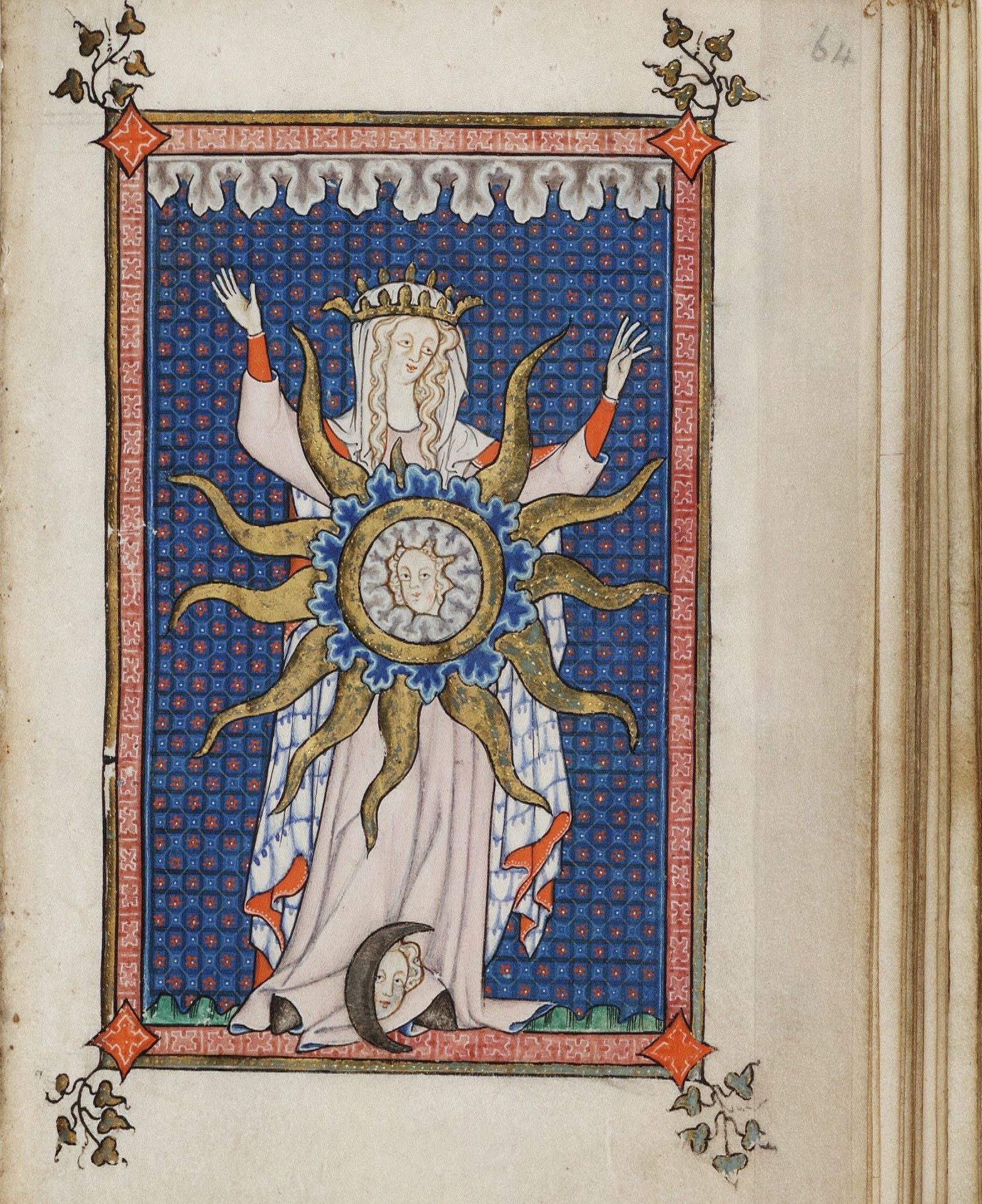
★★★
